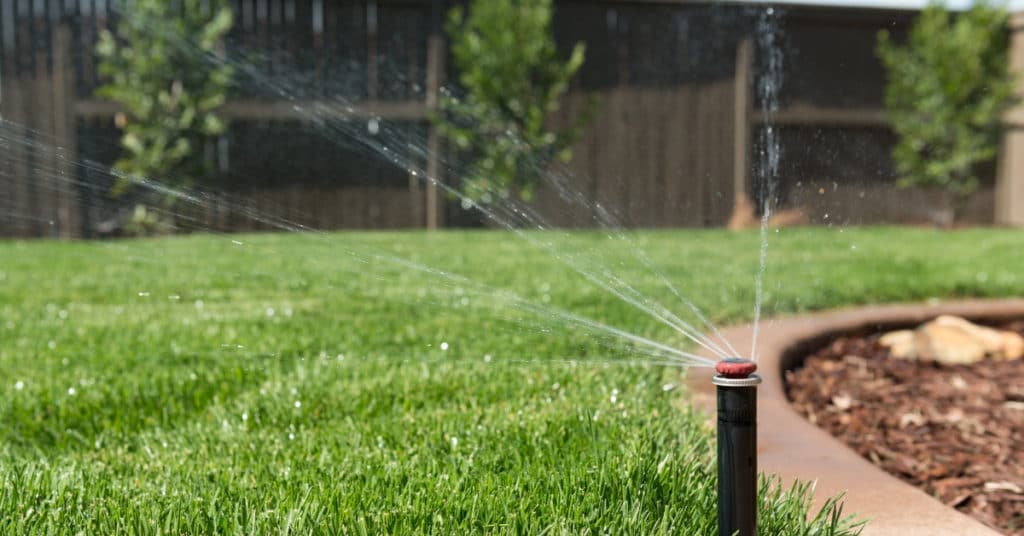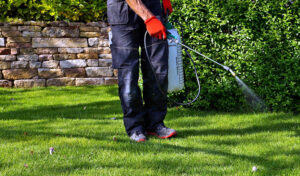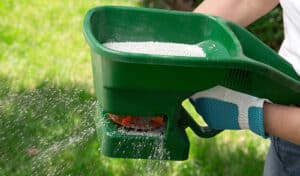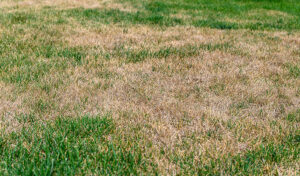You don’t need to compromise a high-quality lawn for an eco-friendly lawn. Your lawn can be healthy and thriving without having a large carbon footprint. With just a few tips and changes in equipment, you can create the lawn of your dreams while also protecting your environment. Make wise choices about your garden care with these eco-friendly tips.
Water Use
Being intentional about your water use can save water and create a stronger lawn. When you water too often, roots will stay near the lawn’s surface where they are in danger of disease. Watering less frequently will encourage deeper roots as they will need to grow downward for more moisture. New plants will likely need water more regularly, but once a plant is established and rooted, you can water less frequently. Watering needs will vary based on individual plants.
Pay attention to weather patterns to avoid watering unnecessarily. Watering during times of precipitation will not only waste water but can lead to flooding your lawn. Many people water during the heat of the day, which can also be a mistake. When the sun is high it can evaporate much of your water supply leaving you with a dry, though recently watered lawn.
Organic Fertilizer
Soil can be healthier when it’s treated with organic fertilizer. When you use organic fertilizer, you protect your lawn and any children and animals playing on your lawn from potentially harmful chemicals. Natural fertilizer is another simple way to reduce your footprint and create a healthy, environmentally friendly lawn.
Mulching
Another source of natural organic fertilizer—mulching. After mowing, try mulching your grass clippings. Take the clippings from your mower and instead of disposing of all them, spread a small amount back over your lawn. The clippings will need to be fairly small, but they can save you from using so much fertilizer. This natural fertilizer is free to produce and contains no harmful chemicals.
Lawn Equipment
Using gas-powered lawn equipment can create atmospheric pollutants. Lawn mowers, particularly driving lawnmower can be very bad for the lawn. Using hand powered, electric, or battery-powered lawn care equipment that will reduce your fossil fuel consumption and get the job done.
Eco-Friendly Grass
By replacing your grass with an eco-friendly grass, you will save time and money. These environmentally friendly grasses require less time, less watering, and less fertilizer. Reduce your carbon footprint by making the switch to any of these grasses.
- Ecolawn is a blend grass that grows easily, tolerant to drought, and requires less water and fertilizer.
- Buffalograss grows well in dry climates (such as Utah) and needs very little mowing.
- Seashore paspalum grows well in warm climates and doesn’t require fertilizer.
Biological Pest Control
This method uses parasitism, herbivory, and natural mechanisms to control insects and other pests. These natural resources can fight unwanted pests without using harmful chemicals. It will keep your lawn clean and your air clean.







